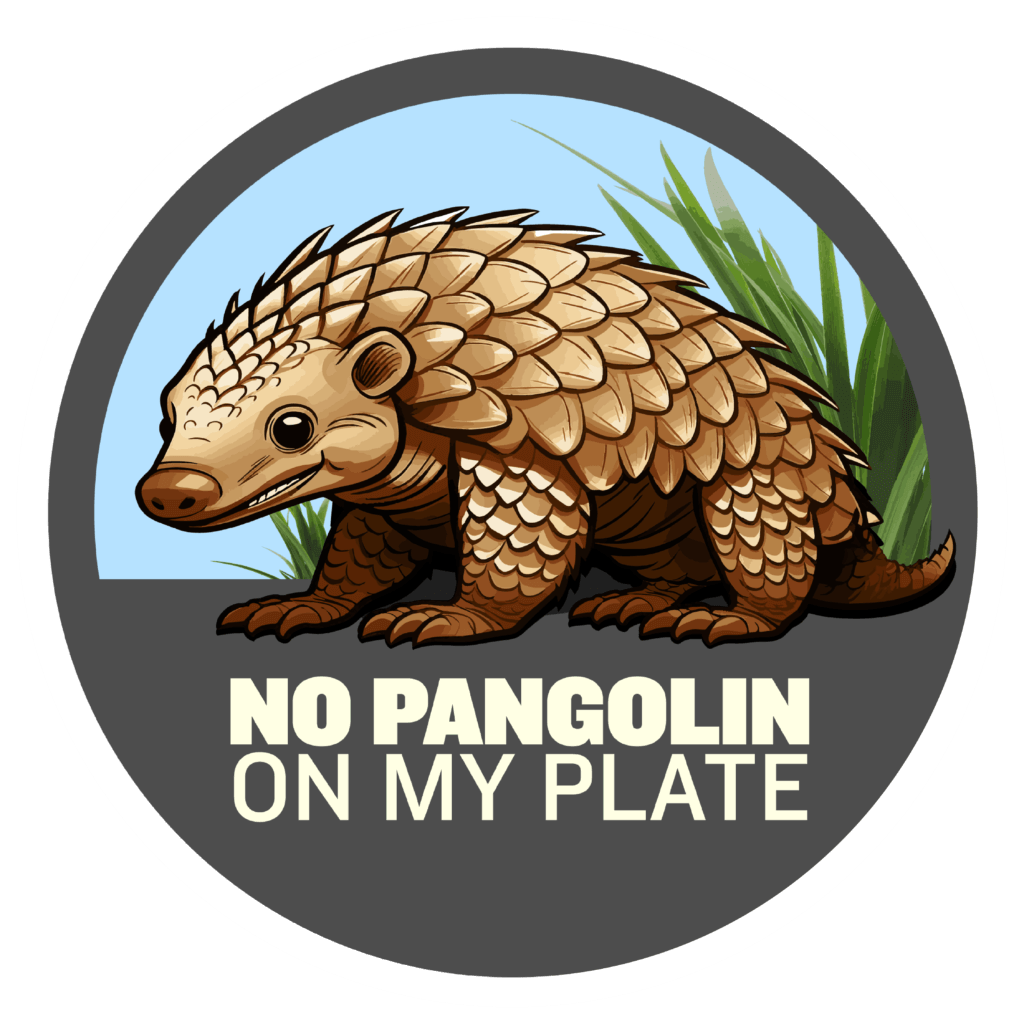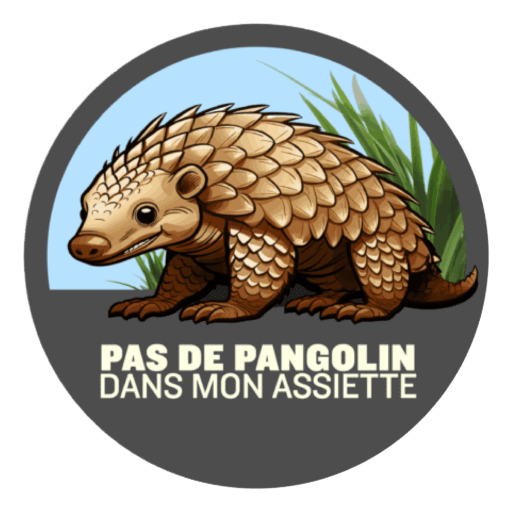By Eric Kaba Tah, Deputy Director and Head of External Relations at LAGA
The pangolin, one of the most unique and fascinating animals on the planet, faces a severe threat due to the illegal trade of its meat and scales. This trade is driving the species to the brink of extinction, despite legal protections. The scales inevitably end up in trafficking networks where they are stockpiled in large quantities and exported, mainly to countries like China and Vietnam. Meanwhile, the meat finds its way to major urban centers, where it is illegally sold and consumed in households.
According to the Convention on International Trade in Endangered Species of Wild Fauna and Flora (CITES), the primary threat to most pangolin species is illegal hunting and poaching. Illegal trade also fosters corruption, allowing specialized networks to transport contraband in bulk.
The illegal trade of pangolin scales has led to trafficking networks transporting them through ports in cities like Douala and Limbe. Recent seizures in these cities have shown that the scales were being shipped to Nigeria and various parts of Asia. In one case, a Chinese national was caught attempting to smuggle 80 kg of pangolin scales from Limbe in April 2013, using boats bound for Nigeria. The illegal pangolin scale trade is driving this unique species toward extinction, and urgent measures are needed to stop it.
Authorities largely rely on partnerships with groups like The Last Great Ape Organisation (LAGA) to combat the illegal trade of pangolin scales. LAGA is an NGO that collaborates with government agencies to fight wildlife crime in Cameroon, particularly focusing on the illegal trade of endangered species like pangolins. LAGA conducts investigations, provides technical and legal support to law enforcement, and promotes public awareness to reduce the demand for wildlife products. They work closely with authorities to arrest and prosecute wildlife traffickers and have successfully facilitated the seizure of large quantities of illegal wildlife products.
These efforts have led to a significant number of operations, with 94 traffickers arrested since 2017 and more than 11 tons of pangolin scales seized. In January 2017, over 5 tons of pangolin scales were confiscated from two Chinese traffickers. The scales had already been packed in a container and were ready for export to China.
The Ministry of Forests and Wildlife works with LAGA to carry out operations aimed at protecting pangolins. This is a priority for the government, and they are partnering with NGOs to ensure the success of pangolin conservation efforts. Together, they are taking steps to combat illegal wildlife trade and protect endangered pangolin populations.
When wildlife traffickers are arrested, they often face legal consequences. Pangolins and other wildlife species are protected by law in Cameroon, and possessing any part of a protected species is considered equivalent to capturing or killing it. This means traffickers can be sentenced to 1 to 3 years in prison and fined between 3 to 10 million CFA francs. If arrested, traffickers are presented before a state prosecutor, who determines whether there is enough evidence for a trial. If the case goes to court, a judge ultimately decides whether the trafficker will serve a prison sentence. Recent court rulings have helped deter pangolin scale traffickers and supported efforts to protect these animals.
In 2022, a trafficker arrested in Bertoua with 246 kg of pangolin scales was sentenced to 19 months in prison. Similarly, another trafficker arrested in Yaoundé with 392 kg of pangolin scales was sentenced to 13 months in prison. These prison sentences serve as a deterrent to others and provide hope that if we continue to fight against pangolin trafficking, the species may survive in the long term. However, much work remains to be done to protect these scaly anteaters.

